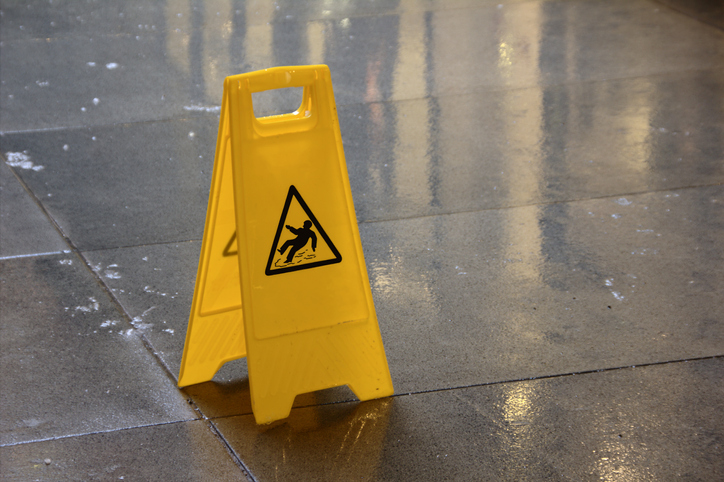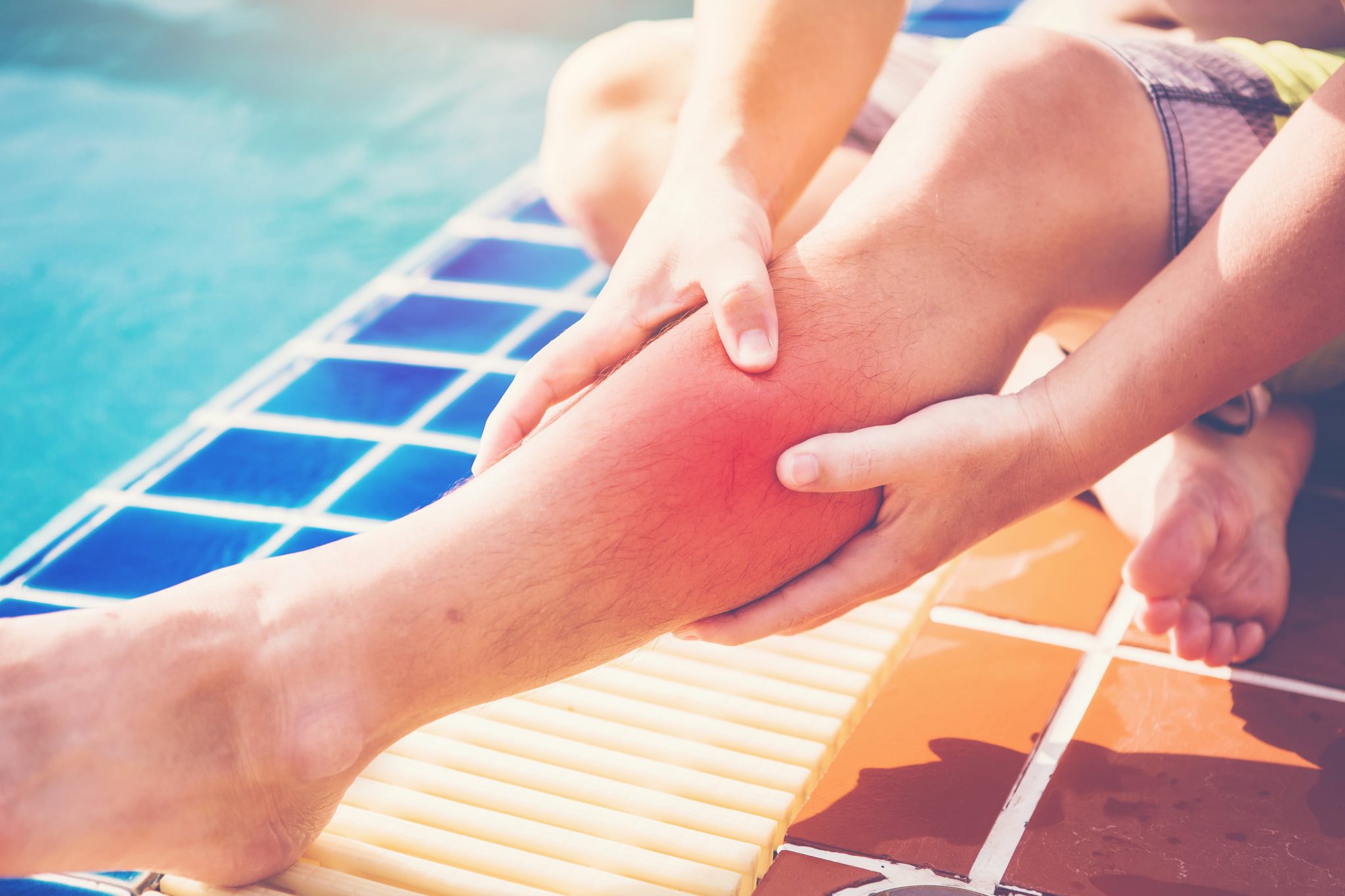
Verdicts & Settlements: $972K Jury Award, Upheld by Fla. 4th DCA, Finally Resolved
July 15, 2021
Kanner & Pintaluga Adds Controller, Bolsters Administrative Leadership
July 19, 2021Five Ways to Prevent Pool Injuries in Florida

It’s summer in Florida, which means hot, humid weather is on the forecast for the foreseeable future. Swimming pools are a great respite from the heat and stickiness, but they can also be dangerous, especially for children.
Kids get uncomfortable too, and even at a young age they know that swimming isn’t just fun but also a relief. Unfortunately, children don’t necessarily have refined decision making abilities. That’s one of the reasons accidental drowning is the lead cause of death for children between the ages of one and four in the United States. Sadly, Florida leads the nation in drowning deaths for children in that age group.
On average six people drown in swimming pools every day across the country. There were a staggering 1,054 drownings in Florida in 2019 alone. More than 200 of those drownings involved children.
Florida drowning deaths were highest in:
- Broward
- Hillsborough
- Manatee
- Miami-Dade
- Pasco
- Pinellas
Why is Florida such a hotbed of drowning incidents? It’s a combination of factors, including weather, proximity to water and safety standards. There are an estimated 1.2 million public pools and backyard pools in the state of Florida. There are literally tens of thousands of lakes, ponds and other bodies of water crisscrossing the state.
The state passed the Residential Swimming Pool Safety Act in 2000. The Act set better requirements for home pool safety. However, an estimated 90 percent of residential pools in Florida were built before that law went into effect.
How You Can Prevent Drownings and Protect Yourself from Liability
There are many things you can do to protect your children from accidental drownings and shield yourself from potential premises liability and slip and fall lawsuits if your home is equipped with a pool.
- Gate and Fence Your Pool
This is a hugely important step not only for child safety but also for your own protection. Gates and fences need to be at least four feet high.
There are some homeowners without children who assume they don’t need to fence their pools – no children are using it or in proximity to the pool, so why do they need a fence? The answer is Florida’s attractive nuisance doctrine.
The basic idea is kids can’t be expected to exercise good judgement because they simply don’t have the wherewithal yet to be held accountable for their decisions. That means if they are injured on your property – even if they were trespassing – you could be held liable for those injuries. The best way Florida pool owners can protect themselves is by adhering to the Residential Swimming Pool Safety Act, which includes a minimum four-foot fence.
- Have a Self-Closing and Latching Gate
Gates should close entirely on their own and have a latch high enough that a child cannot easily reach it. Both of those requirements are important. People frequently forget to close doors, but a self-closing gate should swing closed on its own, negating that concern.
- Use an Approved Pool Cover
According to the Residential Swimming Pool Safety Act, a fence and gate aren’t enough protection. Pool owners also need to have an approved pool cover. Not just any pool cover will do. Canvas pool covers that are flimsy can actually pose a serious drowning risk. If someone falls on the cover and it collapses into the water, they can become entangled in the fabric and be unable to get out. Using a sturdy cover that won’t easily collapse and trap a child or adult is important.
- Have Alarms
The alarms requirement of the law is simply to have them on windows and doors that lead out to the pool. The idea is if a child sneaks out and heads for the pool at night or during the day while your back is turned you will be quickly notified to stop them.
There are other types of alarms that can also make your pool a lot safer. These water sensors range in price from just $20 to a couple hundred dollars, but they all essentially do the same thing. You’ll be alerted if something disturbs the surface of your pool, like a person jumping into it. While water sensors aren’t required by Florida’s pool safety law, they are an affordable way to add extra protection.
- Be Prepared for Emergencies
Every pool owner and their family members should get CPR training so they can act quickly if there is a drowning incident in their home. All of those safety measures combined should give you the wherewithal to act if the unthinkable does occur.
Maybe most importantly parents should teach their children about pool safety early. Make sure your kids understand the risks of swimming unattended.

